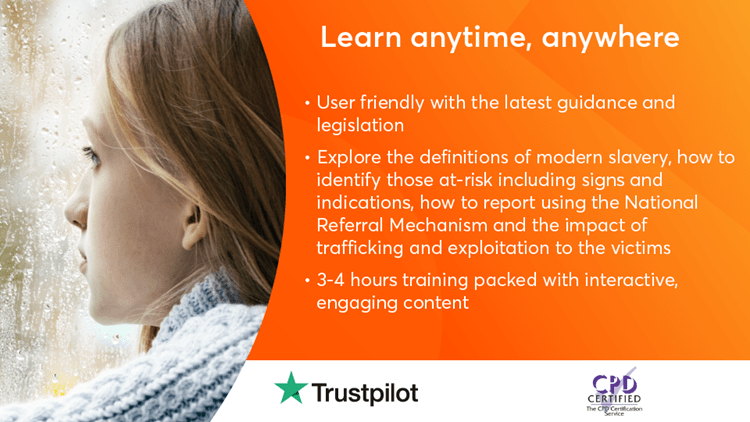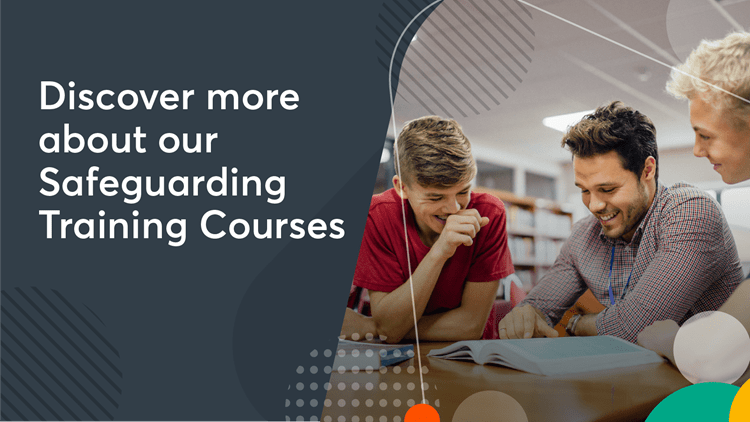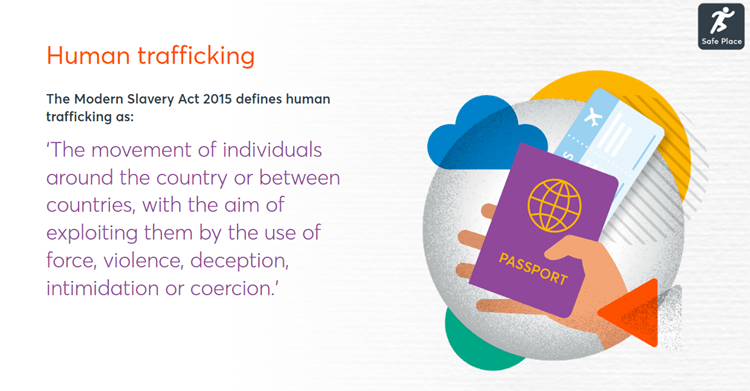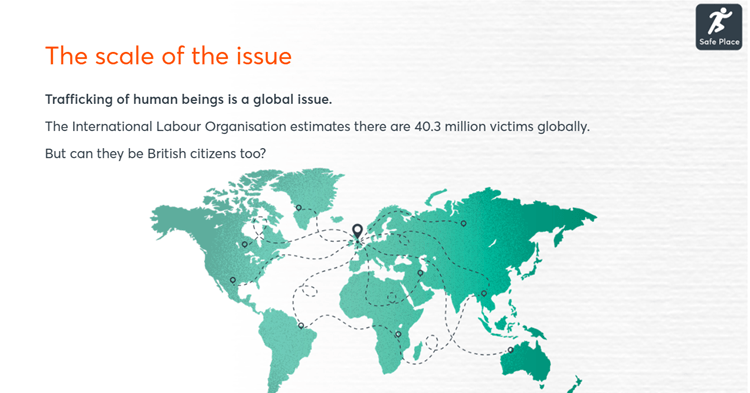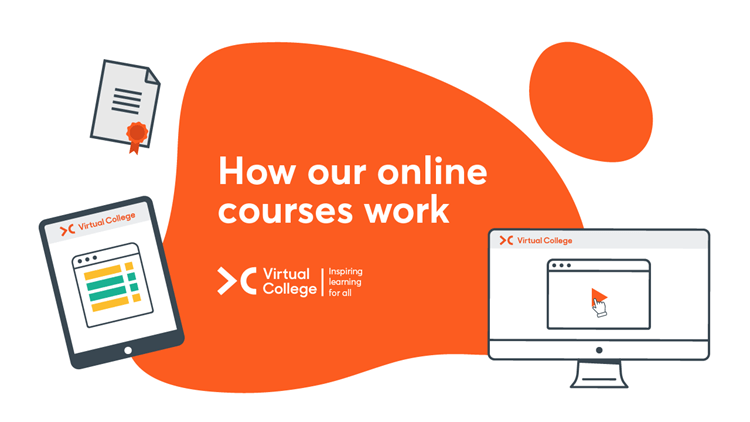Modern Slavery and Trafficking
Tailored to those working with vulnerable adults and children our Modern Slavery and Trafficking online training has been designed to help learners gain an in depth knowledge of the topic and how to spot the signs of exploitation as well as the signs ans symptoms of modern slavery. The safeguarding elearning provides strong context to help learners relate and deal with situations presented to them and includes an instant CPD approved certificate on completion.
Course Overview
Format
- Intermediate
- 3-4 Study Hours
- Online Study
- Self-Printed Certificate
Accreditation
- 5 CPD Points
- CPD Certified
Course description
Modern slavery and trafficking are two of the most important safeguarding topics for anyone working with vulnerable children or adults. It is crucial that they have an in-depth knowledge of these areas and can spot the signs and symptoms of abuse.
Human trafficking, human exploitation and modern slavery are alarmingly widespread issues in today's society. Statistics from Unseen show that there was a 35 per cent increase in the number of people identified as trafficking victims in the UK from 2016 to 2017, while 4,586 victims of modern slavery were reported to the Home Office in 2016 alone.
Thousands of children and adults are exploited each year for cheap or unpaid labour, sexual abuse or domestic servitude, which can have a devastating impact on their physical and mental wellbeing.
Why take this course?
It is vital that the perpetrators of these crimes are caught, which is only possible with the support of front-line professionals who are trained in identifying potential signs of exploitation and understand the appropriate course of action to take. That's what our Trafficking, Exploitation and Modern Slavery e-learning course is designed to educate people about.
A key aim of this training is to provide learners with a strong context so they can easily relate to the situations presented to them within the training. To achieve this, the course uses immersive real-world scenarios and case studies to help professionals apply knowledge into their role.
What is included in this course?
This course offers information on the various forms of slavery and trafficking in a clear format, with videos and real-life scenarios, and includes the following:
- Definitions of modern slavery, including slavery or servitude, forced or compulsory labour, human trafficking, types of exploitation, sex trafficking
- Details of relevant legislation – International, European, and within the UK.
- Who is at risk, and how to recognise them
- Signs and indications: physical, sexual health, psychological and behavioural
- How to report using National Referral Mechanism (NRM) and the Duty to Notify
- Why victims might not wish to report abuse
- The scale of human trafficking, both nationally and worldwide
- The role of the internet and online sex trafficking
- Who are the victims and why are they vulnerable to trafficking and exploitation
- UK strategies on preventing trafficking and modern slavery
- Investigating and prosecuting
- Preventing trafficking
- The impact of trafficking and exploitation on its victims, both adults, children and young people
- Understanding the roles of specific agencies and services
You will learn
- Explain the main components of modern slavery and trafficking and who could be at risk
- Recognise indicators of modern slavery
- Outline the legislative framework of modern slavery and trafficking
- Recognise who traffickers are
- Explain what is meant by online sex trafficking
- Understand the scale of trafficking and how it is investigated
- Know the different types of exploitation, slavery and forced labor and how to report to the relevant agencies
Who is it for?
Roles including:
- Teachers
- Teaching Assistants
- Healthcare Professionals
- Nurses
- Care workers
- Social Workers



